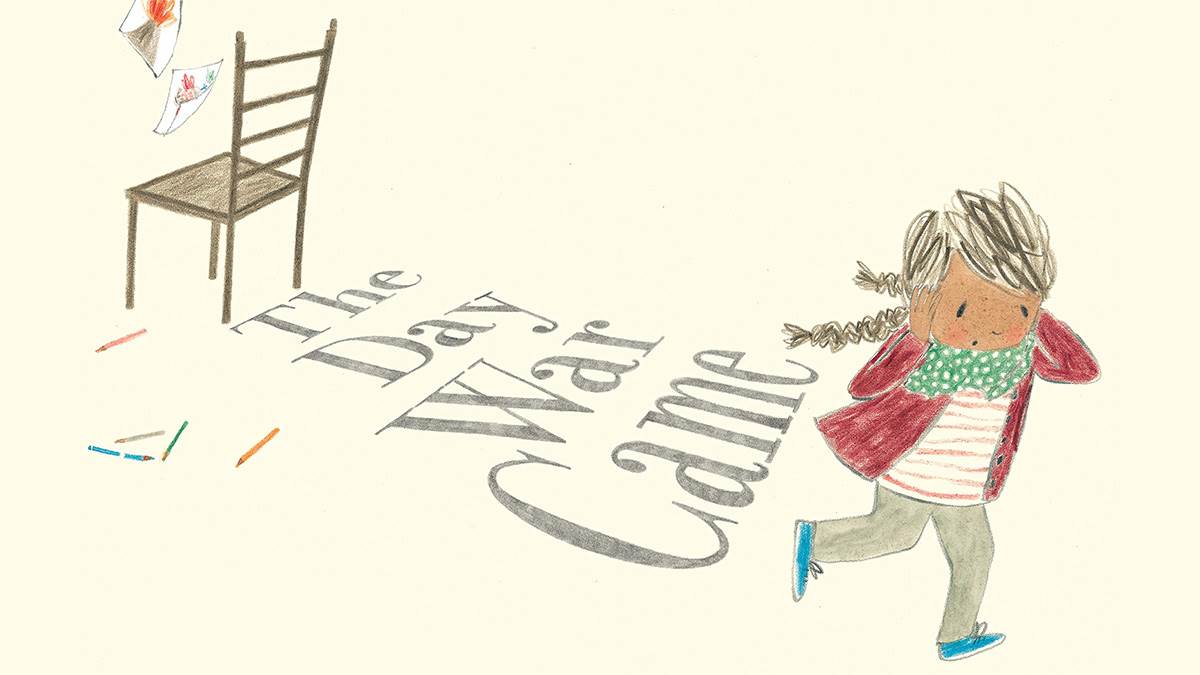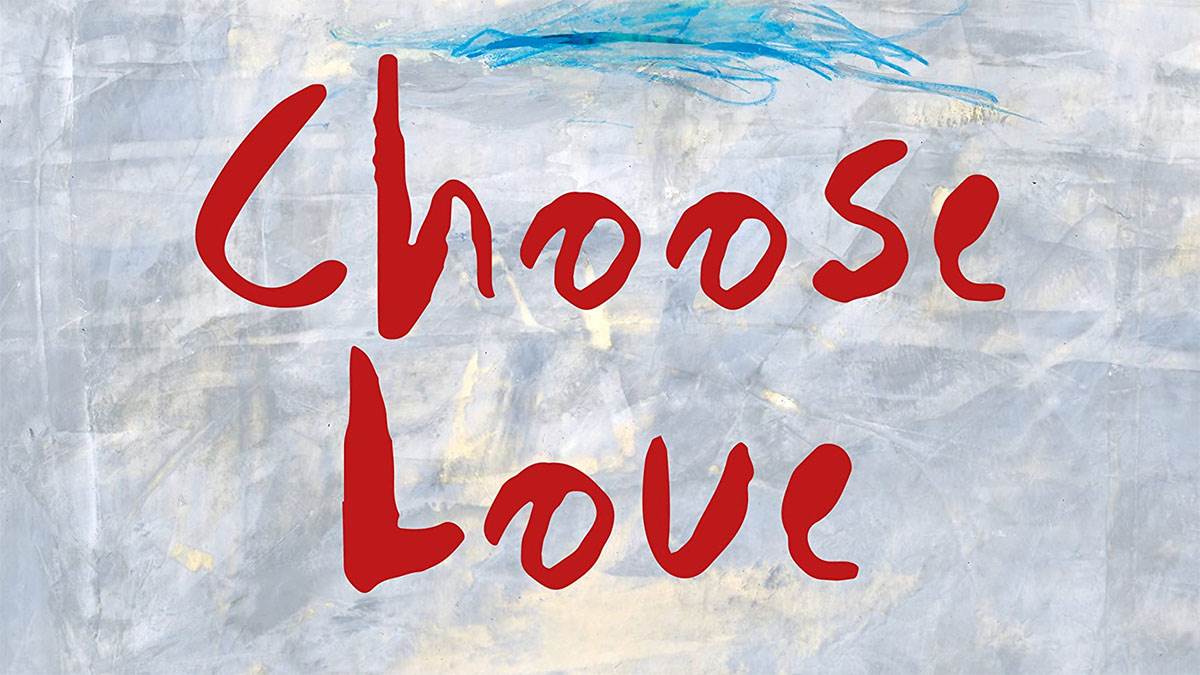'Becoming the best version of ourselves': The crucial importance of empathy
Published on: 26 May 2023
As Empathy Day approaches on 8 June, author-illustrator Nicola Davies shares her thoughts on empathy and the role books play in inspiring it in children.

Listen to any news report and you'll hear groups of humans lumped together and labelled:
'taxpayers', 'householders', 'school children', 'shareholders'.
Of course, the labels can be a useful shorthand, defining groups of people with a common set of objectives or shared characteristics. But they need to be used with care; a label can squeeze out a person's humanity.
To label a person as 'a diabetic' or 'an anorexic' or 'a schizophrenic' is to define a whole human by a problem that they are dealing with. It's like defining someone who has just stubbed their toe as 'a limper'.
Carelessly-used labels not only diminish the person they are applied to, but they can also be a way of making them an outsider: a person who is not like 'us', someone who is different, less, not even quite human. This kind of labelling has been used by every bully in school and every bully in government since humans began using language.
'Black', 'disabled', 'Jew' are labelling words that have been used to diminish the people they have been applied to. 'Refugee' is another word that is very often used in this way, to reduce a human being to a badly-drawn cartoon and to allow us to see only through the narrowest and most clouded window.
Empathy is the way to throw that window wide, to break the hold that labels can have on our imagination and allow us to see other human beings as we see ourselves: whole, complicated and not to be defined by a single word.
How stories can help to build empathy
A few years ago, I was appalled at the way the British government decided to treat 3,000 unaccompanied child refugees.
It seemed to me that not one of the MPs who voted not to help these young people had thought about the real meaning of any of those three words. They had applied them as a 'label' that actually denied the reality of being a lone child who had suffered terrible trauma.

Illustration: Rebecca Cobb
So out of absolute fury and frustration I wrote the text of The Day War Came. It was an imagined story, but an imagining born of many real stories which I had read about and seen in TV news reports and documentaries.
I hoped the little girl in my story, whose family are lost in a bomb attack and who flees across continents, would remind readers that a child refugee is a child, and any child in need deserves help and compassion. I hoped it would allow my readers to see through the labels.
The Day War Came is now spreading its message around the world and it has brought other stories to my door too. Stories about people who have had to leave their homes to escape war, famine and oppression.
In my poetry collection Choose Love I've done my best to retell these stories in ways that everyone can understand.

I want my readers to feel the fear, grief, anger, relief and triumph that the people who told me their stories experienced. My job is to hold up a kind of two-way mirror that reflects the emotion in the story I'm retelling and also the emotions of my readers.
That's what empathy is – a kind of mirroring of other peoples' emotions and experience. But it requires imagination and sometimes people are too tired or too busy to be able to imagine.
That's why stories and poems are important; they help us to imagine, to see into another person's experience and look out at the world with their eyes. And when looking through another person's eyes, you may catch sight of yourself, of your own behaviour and realise that you need to change.
Reading, imagination and empathy are our tools for becoming the best version of ourselves – and isn't that what education is all about?
Nicola Davies' latest book This is How the Change Begins (Graffeg) features in the 2023 Read for Empathy collection, a range of 65 titles selected by experts for their empathy-building insights, which can be used in schools, libraries and at home to help young people learn more about empathy and put it into action.
Get involved in Empathy Day on Thursday 8 June in your school, library or home to help to grow an empathy-educated generation. Register for FREE resources at www.empathylab.uk. All schools and libraries who register could win a Read for Empathy book bundle. The first 500 primary schools to register will receive a free copy of Questions and Answers About Refugees by Katie Daynes & Ashe de Sousa (Usborne).
Seven super reads for empathy
The Funniest Boy in the World author Helen Rutter shares how books can help us explore other people's lives - and recommends some great reads to try.
More books to try
We've put together a list of wonderful books for primary school readers that could help to develop kindness, compassion and empathy.







